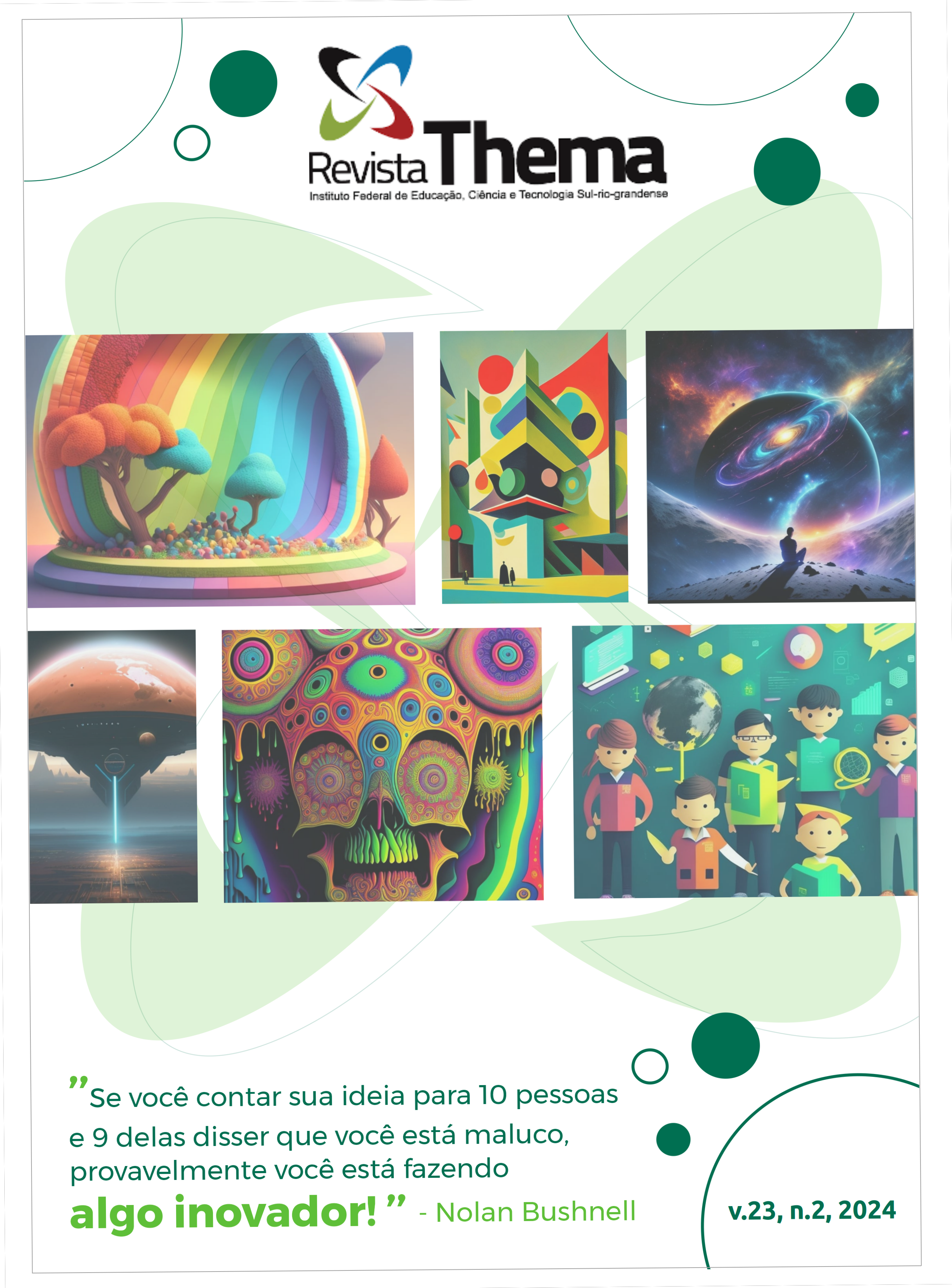Validation of a Care-Educational Technology (board game) for children with Autism Spectrum Disorder
DOI:
https://doi.org/10.15536/thema.V23.2024.593-606.3266Keywords:
Autism Spectrum Disorder, Board Game, ValidationAbstract
Board games have been gaining prominence in therapies because they help autistic children develop autonomy. Thus, observing the main difficulties experienced by these children, we saw the need to work on the validation of a Care-Educational Technology (CET) previously built to help autistic people in their daily lives. This study followed a number of phases to reach validation. The first was the selection of expert judges through the Lattes - CNPq Platform, followed by the preparation and sending of e-mails to collect data from the selected judges/experts and, finally, contact with the Júlio Bandeira University Hospital to access the target audience of this project. The validation involved the collaboration of 16 specialist judges, divided into two areas of knowledge, regarding the validation of the content and appearance of the CET. The judges analyzed the material sent by e-mail, praised it, and pointed out issues to improve the game on screen. The content on the cards is easy to understand and favors changing habits and behaviors because it is objective. As for the appearance, the judges suggested changing the color palette in order to make it more harmonious, as well as standardizing the elements used on the board. Finally, it is important to build and validate CET, especially for the development of social interactions, learning, and greater autonomy in carrying out basic activities for autistic children.
Downloads
Downloads
Published
How to Cite
Issue
Section
License
O autor responsável pela submissão representa todos os autores do trabalho e, ao enviar o artigo para a revista, está garantindo que tem a permissão de todos para fazê-lo. Da mesma forma, assegura que o artigo não viola direitos autorais e que não há plágio no trabalho. A revista não se responsabiliza pelas opiniões emitidas.
A Revista Thema é de acesso aberto (Open Access), sem que haja a necessidade de pagamentos de taxas, seja para submissão ou processamento dos artigos. A revista adota a definição da Budapest Open Access Initiative (BOAI), ou seja, os usuários possuem o direito de ler, baixar, copiar, distribuir, imprimir, buscar e fazer links diretos para os textos completos dos artigos nela publicados.
Todos os artigos são publicados com a licença Creative Commons Atribuição-NãoComercial 4.0 Internacional. Os autores mantém os direitos autorais sobre suas produções, devendo ser contatados diretamente se houver interesse em uso comercial dos trabalhos.





